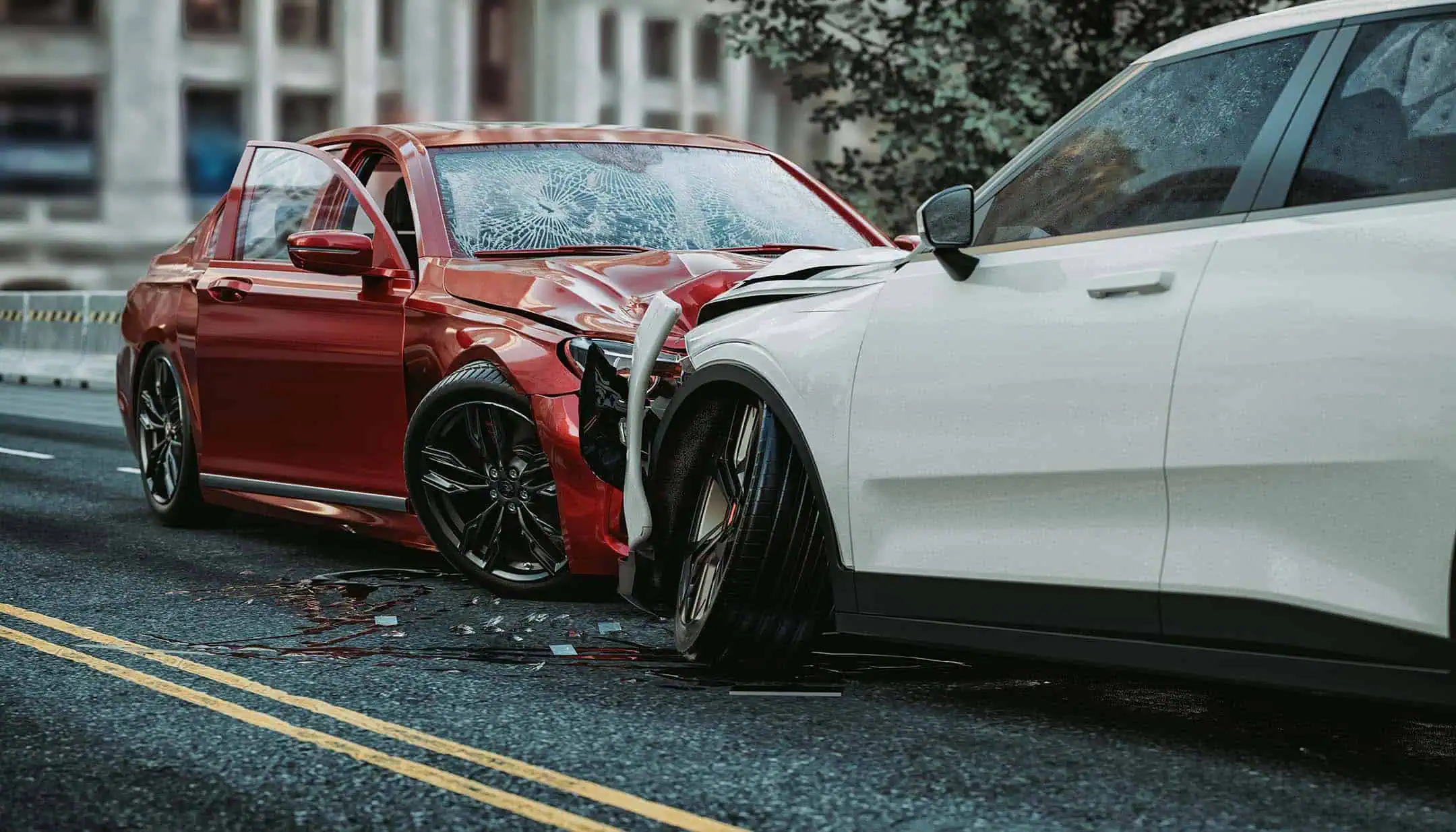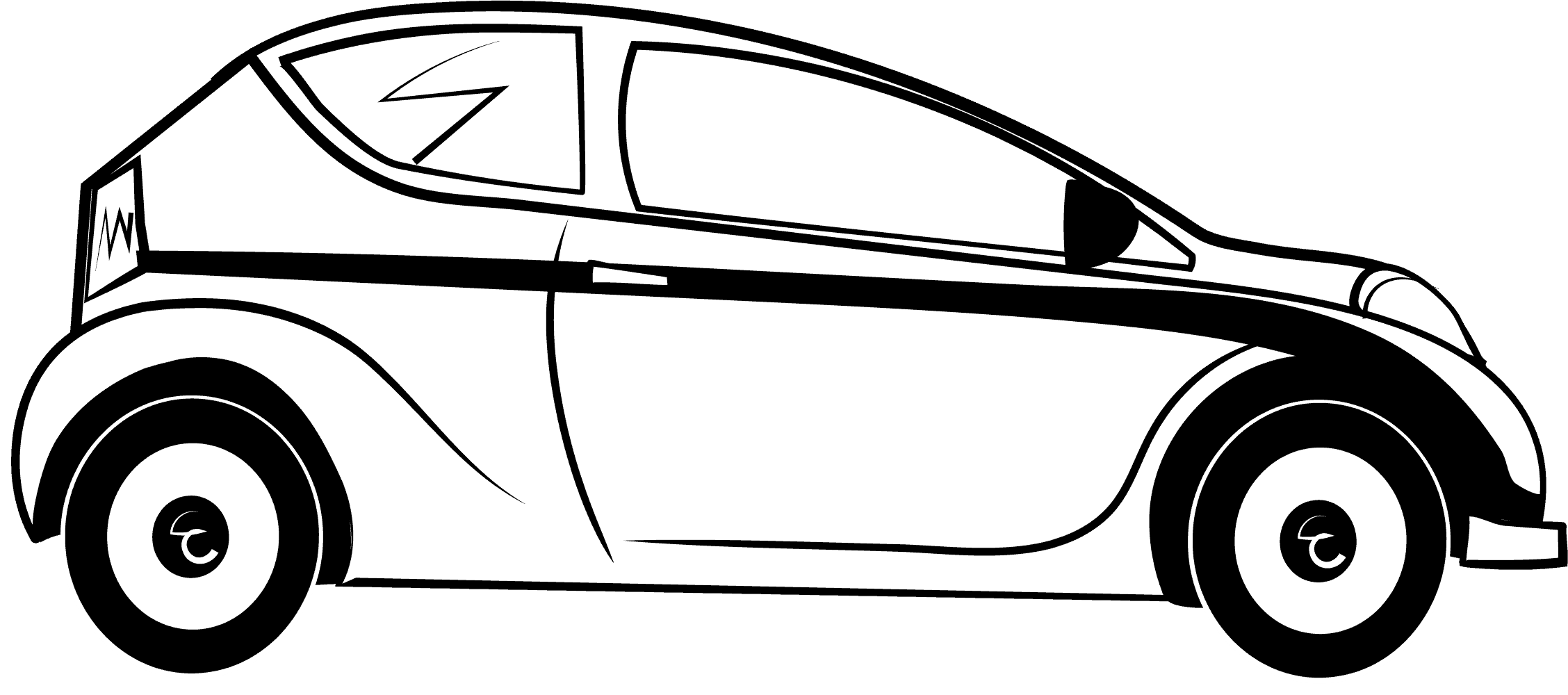How to Make an Insurance Claim

What if I need to make a claim
You pay a fortune for it every month, and often wonder why – you’re a safe driver, after all!
Unfortunately, insurance is essential when owning a car, and you still need it even if you never think you’ll be in an accident. There’s just no way around it.
But do you know how to make an insurance claim if you’re in an accident?
It’s essential to make sure you fully understand the process – check out our guide down below.
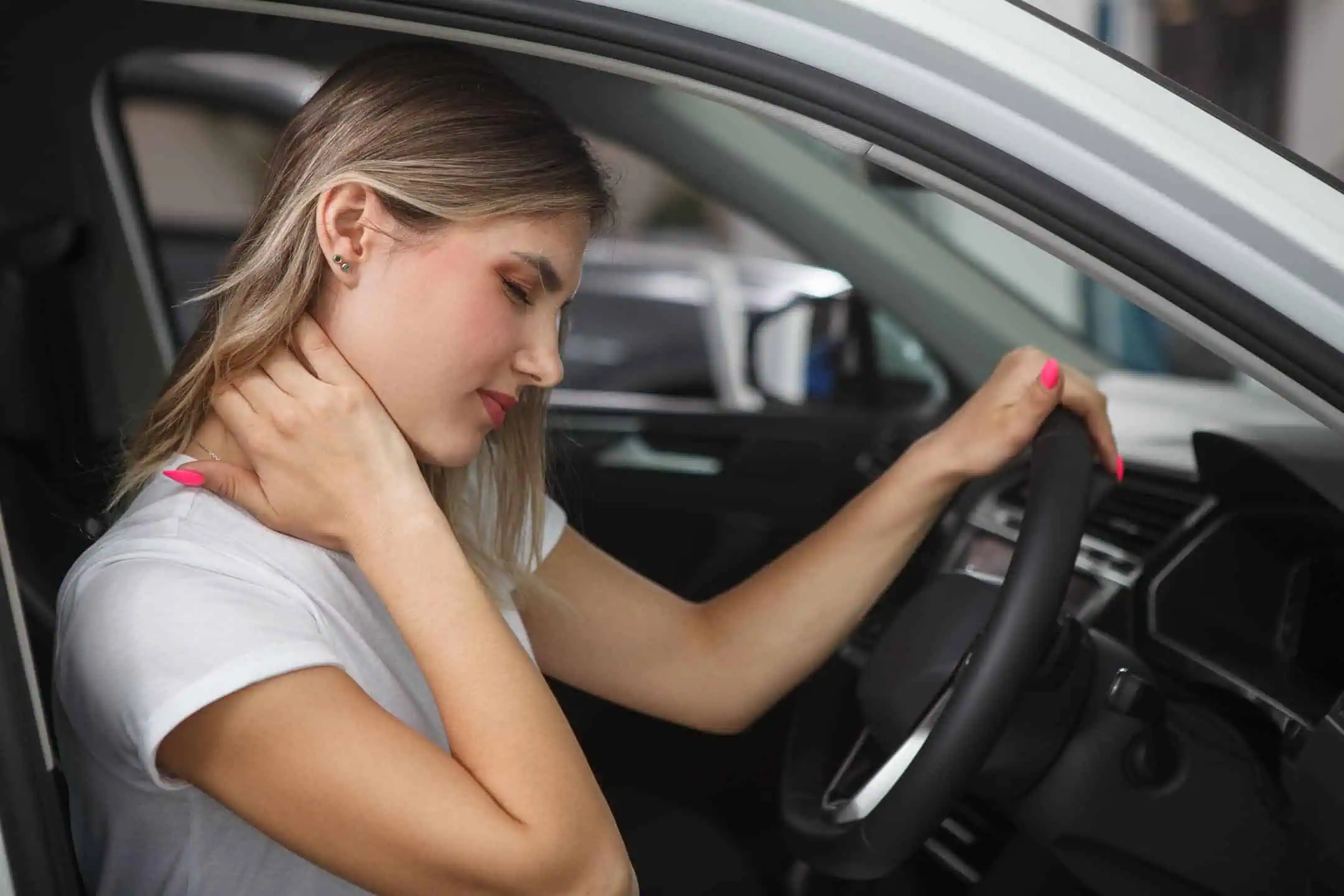
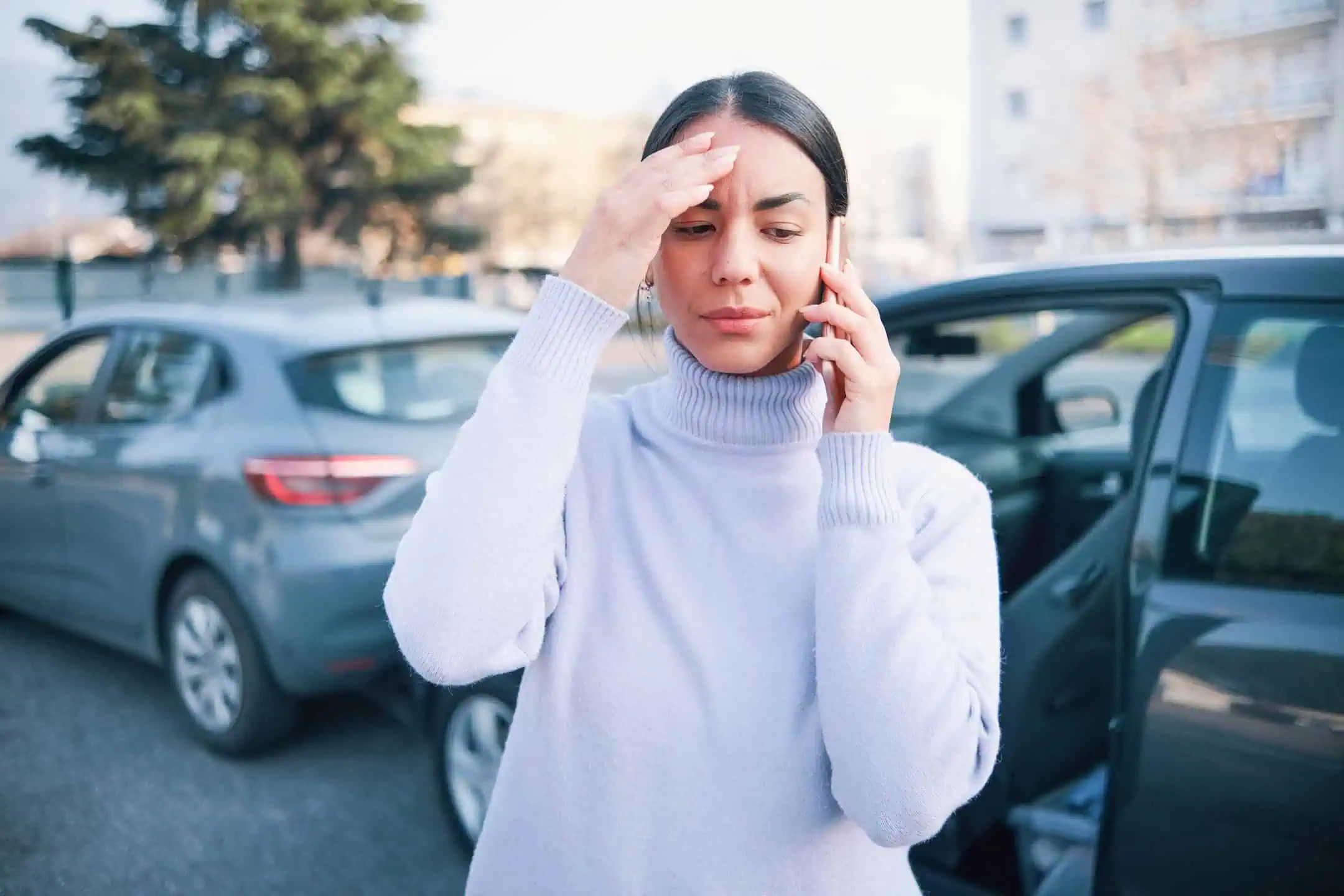
When should I contact my insurer?
If you have been involved in a car accident or had your car stolen or vandalised, you’re probably a bit shaken, and possibly angry.
You should wait to talk to the insurer – calm down first. Make sure you can, concisely, and unemotionally describe what happened.
Before phoning your insurer, make sure you have the following details available:
The detailed notes you took at the accident scene. Taking notes will assist you when you describe the accident to your insurer – if you’ve followed our car accident page, you’ll be sorted.
Notes will also help you keep your account of the accident consistent and avoid the possibility of the insurer questioning the validity of the claim.
When making a claim, you should be honest and neutral – don’t play the blame game.
Your insurer will require you complete a claim form and provide any supporting evidence, including photos you may have taken at the scene of the accident.
If your policy includes the use of a courtesy car, now is the time to make arrangements for this.
Keep a record of all your dealings (letters, documents, phone calls, etc.) with the insurer, police, and any other involved parties.
Do I have to claim on my insurance?
Nope! It’s your policy, so what you claim on it’s up to you.
However, you do have to inform your insurer if you’ve been in an accident.
Informing your insurer means that they don’t settle with the other party’s insurer without your knowledge.
In your insurance policy, you’ll have details on the period for reporting an accident – make sure you inform them on time, even if you don’t want to make a claim.
When is it worth not claiming?
If the repairs needed on the car are minor, it might not be worth claiming because doing so could inflate the cost of your premium the following year,
Consider:
- The excess on your policy: If you put in a claim for £500 and the excess is £300, the insurer will pay out only £200!
- No claims bonus: When you make a claim; you’ll likely lose you’re no claims bonus, which could cost you more money in the long run.
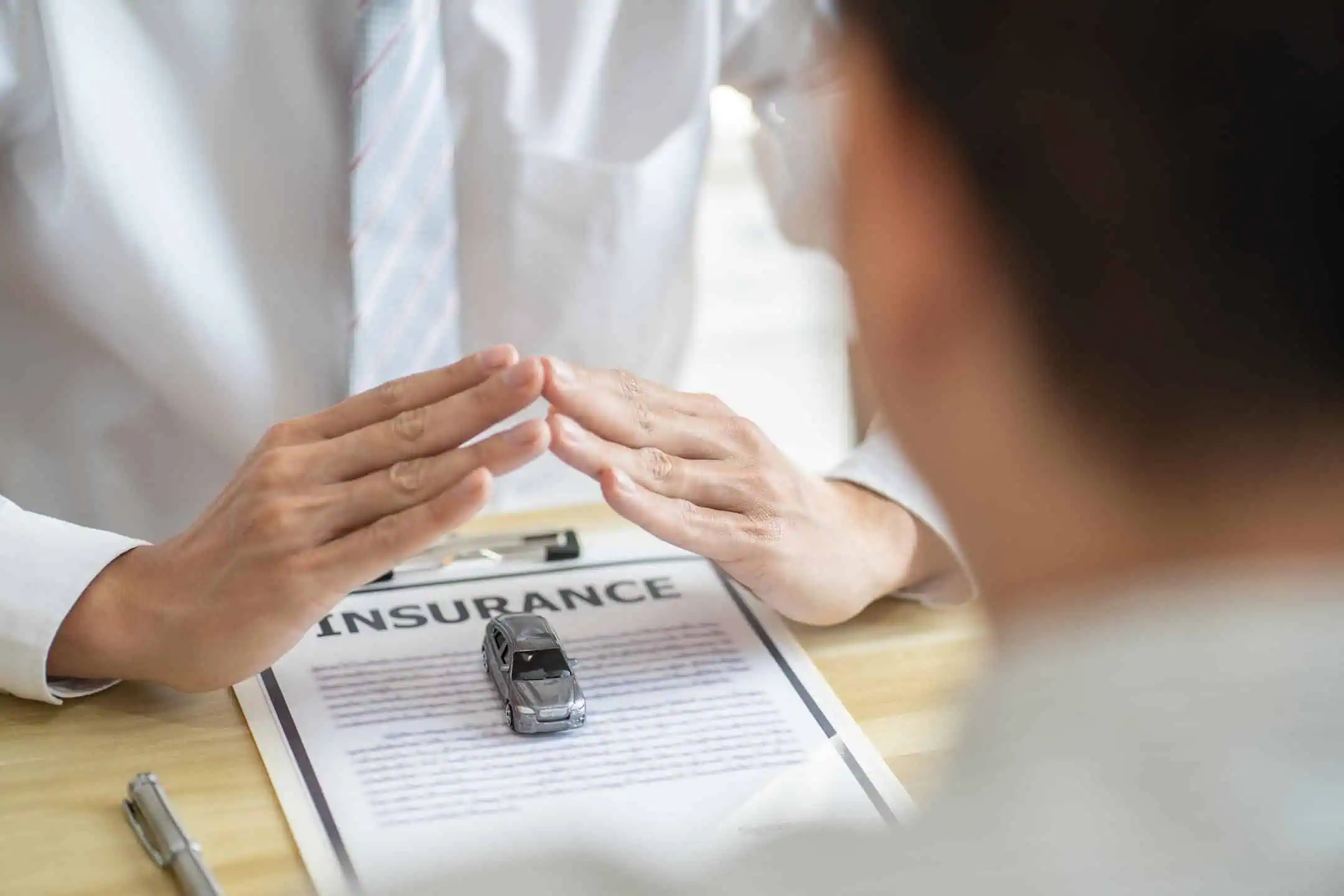
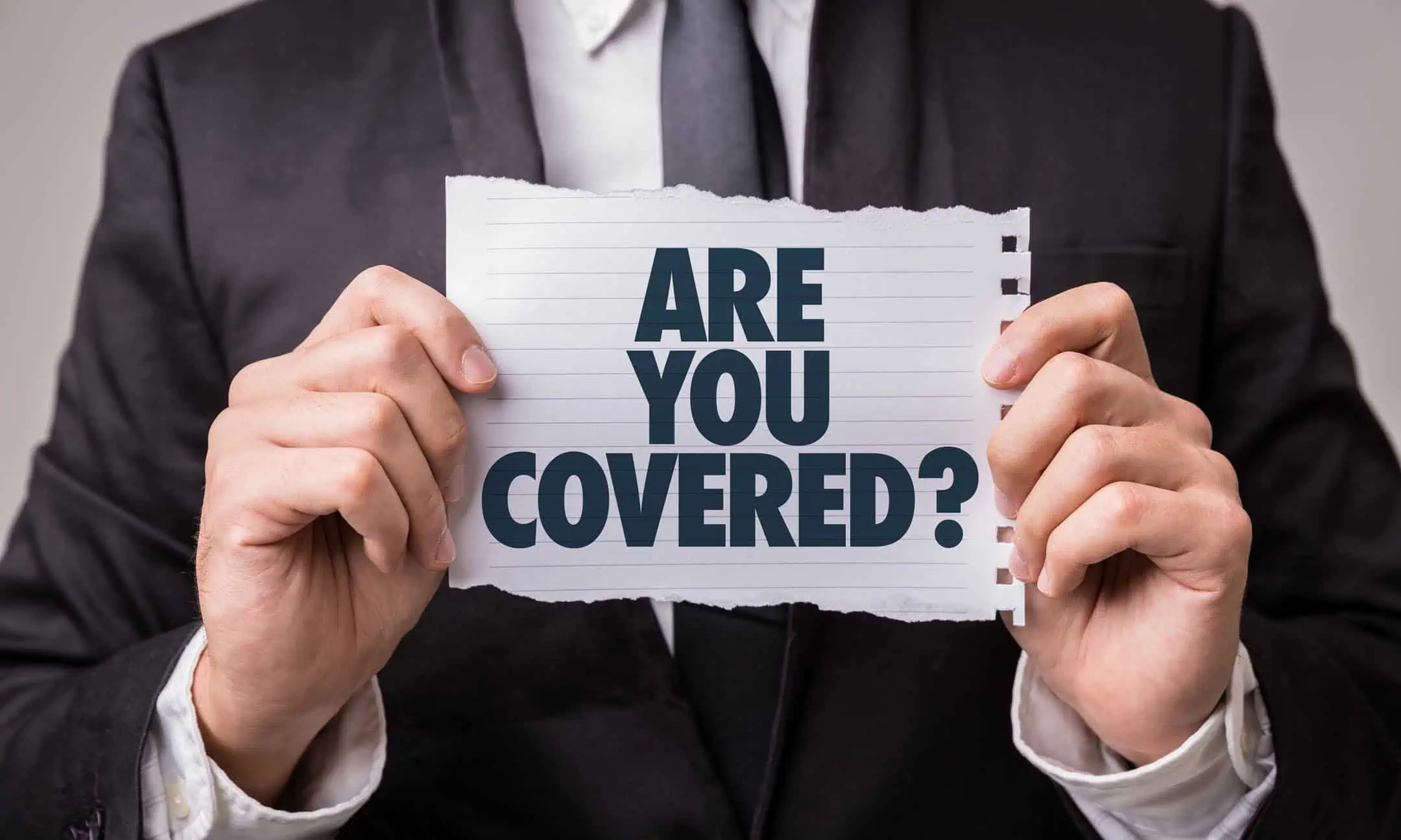
How is the damage to the car assessed?
Depending on the amount of damage to the car, the insurer will send out a Claims Assessor to check the vehicle and estimate the repair costs.
Your insurer will then arrange the car to go to an approved garage for repairs.
Don’t make the mistake of taking your car to a garage not approved by the insurance company as they may not reimburse the costs.
What if the other driver is uninsured?
Don’t panic, that’s not your fault!
Most insurance policies include for you “an uninsured driver causing damage to your car.” You won’t have to pay an excess, and your NCB will be unaffected.
However, you will still be required to satisfy a few conditions.
These can include:
- Details of the other vehicle such as registration number, make, and model.
- Any witness information or details you have about the driver.
- Your insurer has to establish you were not at fault for the accident.
What happens if my car is a write-off?
Insurers will often write off the car when the repair costs are too expensive compared to the value of the vehicle.
In these circumstances, the insurer will pay out a sum equal to the car’s value before the accident. However, this will likely be less than the amount you paid for the vehicle.
Also, you’ll still need to pay your excess, regardless of the car is written off or not.
Don’t accept the first offer without asking for a review. Providing examples of similar cars on sale at higher prices will improve your chance of getting an increased offer.
If you are not satisfied with the insurer’s valuation, you can take your case to the Financial Ombudsman Service (FOS).
What if my car gets stolen?
Call the police immediately!
If your car is stolen, you must tell the police and your insurer immediately. You can also apply to DVLA for a vehicle tax refund.
When reporting the crime to the police on 101, have the following details at hand:
- Registration number
- Make
- Model
- Colour
The police will give you a “Crime Reference Number” you’ll need this when you inform your insurer of the theft.
Afterwards, call your insurer with the crime reference number, and they will discuss with you how to proceed and if necessary, to make a claim.
